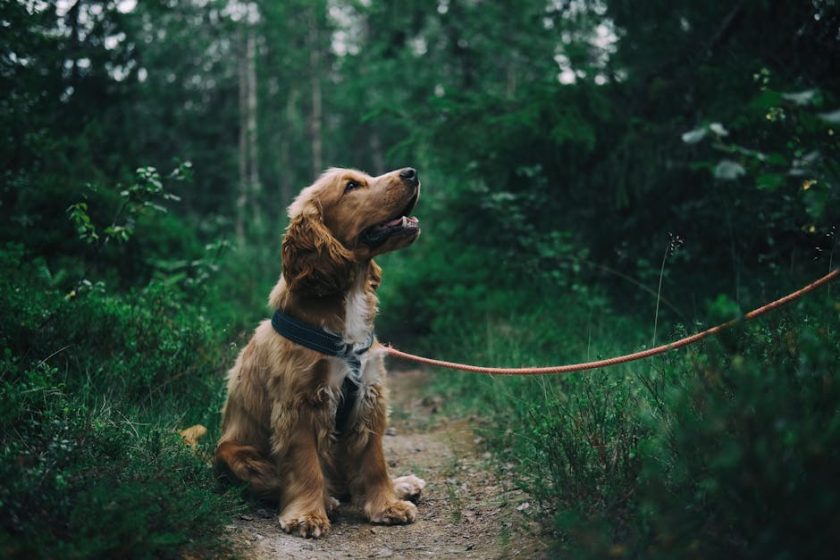Dog training is an essential part of responsible pet ownership, providing numerous benefits for both the dog and the owner. It strengthens the bond between the two, enhances the dog's behavior, and ensures a harmonious living environment. In this comprehensive guide, we'll delve into the fundamentals of dog training, covering techniques, tips, and strategies to help you achieve optimal results.
**1. Start Early with Positive Reinforcement**
Begin training your puppy as soon as you bring them home. Utilize positive reinforcement, such as treats, praise, or toys, to reward desired behaviors. Avoid punishment, as it can damage the bond with your dog and inhibit learning.
**2. Establish Consistent Commands**
Use clear and consistent commands for specific actions. Avoid changing commands or using multiple words for the same action, as this can confuse your dog.
**3. Practice Patience and Repetition**
Training takes time and repetition. Be patient and consistent with your commands. Repeat exercises regularly to reinforce learning.
**4. Keep Training Sessions Short and Fun**
Training should be enjoyable for both you and your dog. Keep sessions short, around 5-15 minutes, to maintain their focus and enthusiasm.
**5. Address Common Behavior Problems**
Most dogs face common behavior problems, such as jumping, barking, or chewing. Address these issues early on by identifying the underlying cause and implementing appropriate training techniques.
**6. Use a Clicker for Precision**
A clicker is a small device that makes a clicking sound. When paired with treats, it can mark the exact moment your dog performs a desired behavior, enhancing precision.
**7. Seek Professional Help When Needed**
If you encounter significant training challenges, consider seeking professional help from a certified dog trainer. They can provide personalized guidance and support based on your dog's unique needs.
**8. Maintain Consistency and Consistency**
Consistency is crucial for effective dog training. All family members should use the same commands and expectations. Avoid mixing different training methods, as this can confuse your dog.
**9. Reward Your Dog's Progress**
Celebrate your dog's successes, no matter how small. Rewarding progress reinforces learning and motivates them to continue improving.
**10. Make Training a Bonding Experience**
Training should not be a chore but an enjoyable bonding experience for you and your dog. Approach it with a positive attitude and enjoy the process of deepening your connection.

